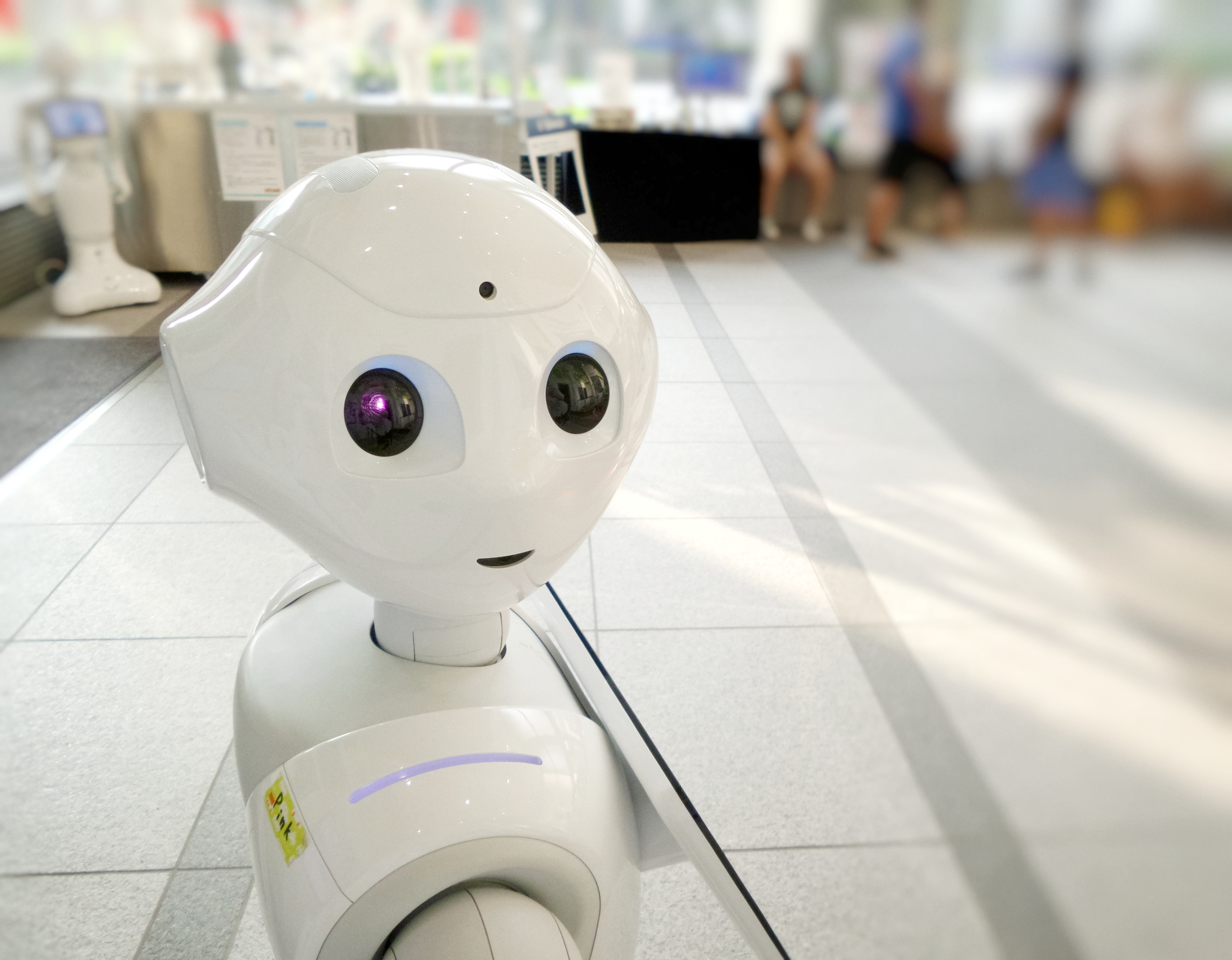Narrow versus Strong AI: The Future of Artificial Intelligence

Artificial intelligence is one of the fastest growing fields in the technology world, but there’s still a lot of uncertainty surrounding what truly qualifies as AI, the different types of AI, and how quickly AI is advancing.
First, it’s important to set a framework about what AI is. While there isn’t one accepted definition, most technologists would agree that AI is a broad area of computer science that makes machines seem like they have human intelligence.
AI encompasses everything from Siri to self-driving cars to Mother. That’s a big range. The virtual assistant on your phone is, in most circumstances, less intelligent than the maternal droid in I Am Mother, but they both squarely fall in the realm of artificial intelligence.
So how do we differentiate AI that is seemingly harmless and only updates us on today’s weather from AI that can think, solve problems, and act on its own?
Narrow AI is the artificial intelligence we’re currently using: virtual assistants, autonomous cars, and even something as sophisticated as IBM’s Watson. According to Raj Subramanian, these AI-based machines are fast and clever, but they’re not intuitive, emotional, or culturally sensitive.
Narrow, or weak, AI is trained to do one thing, albeit really well. For example, AlphaGo is an AI-based computer program that in 2015 became the first Go program to defeat a human professional without handicaps on a full-sized board. Six months later, AlphaGo defeated Lee Sedol, the second-most decorated Go player of all time.
While AlphaGo’s intelligence is impressive, Go is all it’s good at, because Go is what it was designed for. AlphaGo can’t order you a pizza, drive you to the airport, or create a customized music playlist. That’s not to say narrow AI can’t change the course of human history, but rather, it can’t do so without the guidance and training of humans.
Strong AI is the artificial intelligence we see in movies: AI that can work, think, and react like human beings (think Ex Machina). Strong AI will require human training, but it will also resemble humans more closely through its ability to think critically, problem-solve, and potentially even emote.
We haven’t seen any strong AI in the real world yet. However, Google’s Director of Engineering Ray Kurzweil believes that by 2029 an AI system will pass the Turing test with flying colors.
Some cautious critics are nervous about training strong AI and, eventually, super AI because of the impact we’ve seen on the big screen. But optimistic futurists see tremendous value in working with AI to improve the world we live in.
One way or another, artificial intelligence has and will continue to influence human beings, and it’s our responsibility to consider the social, health, educational, economical, and ethical impacts AI has on people, now and in the future.

